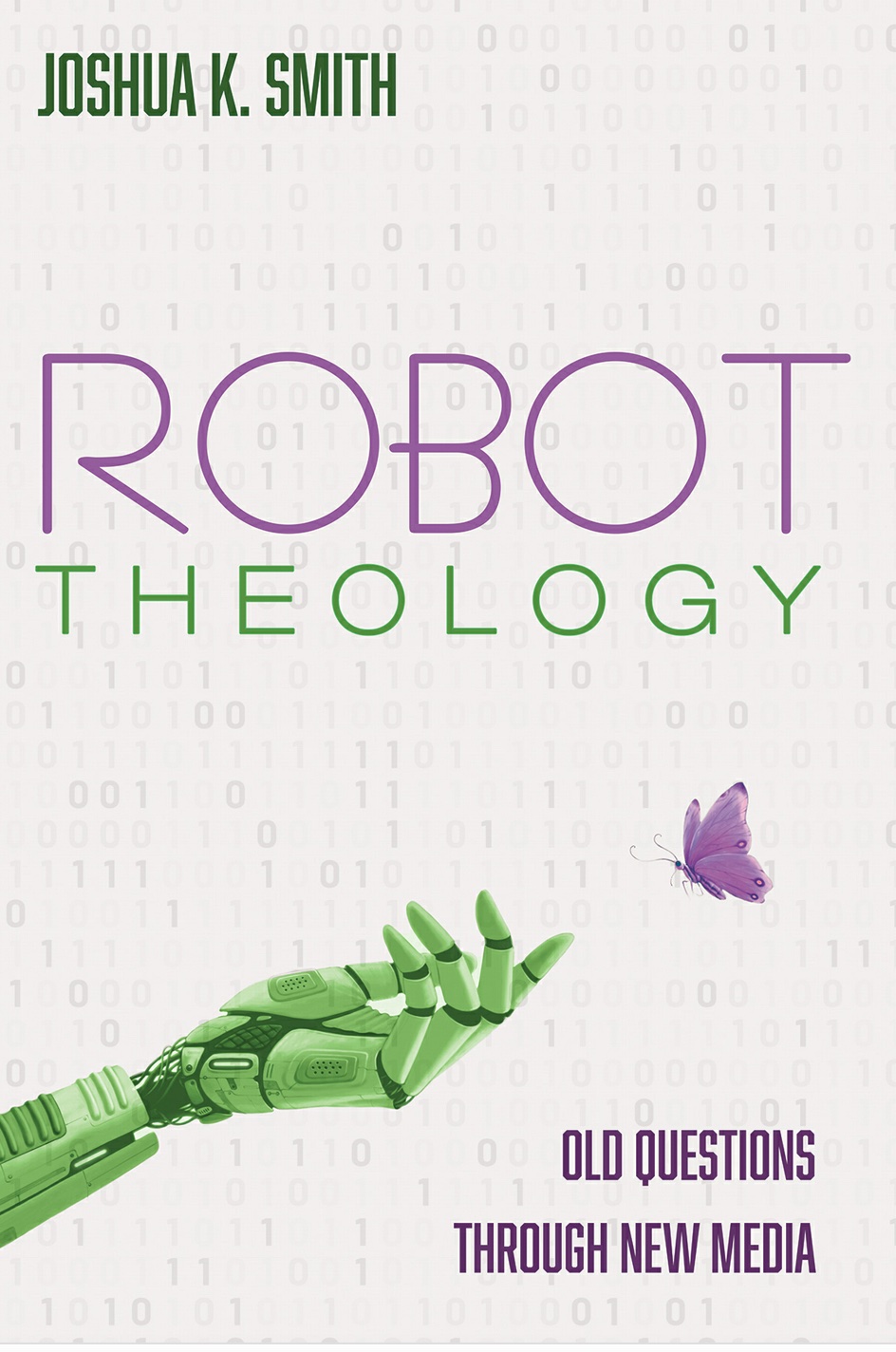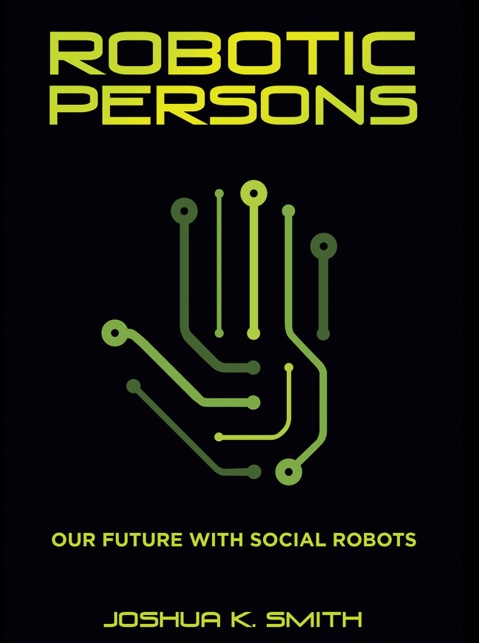There is an advent of books that cover the intersection of technology and philosophy and discuss the societal and ethical impact technology has. However, reality has it there are not many books discussing the intersection of theology and technology, but that is changing as well. This book by Joshua K. Smith discusses the impact of artificial intelligence (AI) and robots on our lives. Smith is a theology scholar researching the ethics of AI and robots and also serves as a senior pastor in Mississippi (US). He wrote his PhD-thesis about robot rights and this book is a continuation of his research however, it is intended for a broad audience. The goal of this book is to approach the ethical and metaphysical assumptions of AI and robots through a theological lens and to build a bridge between robot ethics and Christian ethics. According to Smith, robots and AI are new media that will dramatically shape and influence our world and expose old, existential questions for humanity.
It is important that Christians participate in the discussion around the design of these technologies as “Christian scholarship provides a rich body of literature to help social and computer scientists think through care and the responsibility of innovation” (5). There are no direct references to Ellul’s work in the book, but Smith clearly points out how AI and robots will shape our world and how Christian should be present in this, which in my opinion clearly aligns with Ellul’s claims on technology and the role Christians should play in this.
The author starts with a description how humans have always tried to overcome their limitations and finiteness. Humans have always tried to use technology to accomplish this and Smith explains that technology is not simply a tool but has a telos and is inherently ethical. Artificial technology, both embodied (referred to as robots) and disembodied, will interact more and more with humans in their role as friend, servant or caretaker which has countless ethical implications that are explored in various chapters in the book. One of the best contributions the book makes, is what Smith calls the “revenge of metaphysics” (16) in which he exposes the metaphysical assumptions that are underpinning AI and robots which are based on evolutionary naturalism, or as Smith puts it, “thinking about AI and robotics is built upon a mechanical metaphysic, which means there is no room for thinking about nonmaterial objects or the supernatural” (37). Underpinning this instrumental view is the belief in power and progress, which is often veiled in eloquent Silicon Valley-rhetoric, but this may have serious ethical consequences and could potentially lead to dehumanization and marginalization. Smith underscores the importance of having the societal conversation about how AI and robots should be designed and integrated in our society so they could contribute to a better world together with humans. He advocates, just like Ellul would say, that it is important for Christian AI-practitioners, legal scholars, theologians, and ethicists to partake in this discussion since the Christian anthropology and ethics offers great resources about what it means to be human and how we should relate to the other.
It will become inevitable that robots and AI will become our new neighbors in the future and become part of our moral circle. The interesting proposition that Smith develops is not that AI and robots should have moral agency, but he focusses on moral patiency which creates room for robots and AI to have personhood. He points to how humans have gone about their domestic animals for the last millennia and how animal ethics has developed, and Smith foresees a similar development with how we will adopt robots and AI in our moral circle. He argues that the biblical notion of personhood offers nonhumans legal personhood which does not mean that they are on equal moral standing with humans. Smith argues that “there may, in the present and future, be ethical reasons to grant certain qualified entities negative rights and protections because it may positively impact human and environmental flourishing to do so” (45). Granting legal rights to AI and robots is an application of theological ethics as it protects the creators and creation and still leaves room for innovation within boundaries.
The last three chapters of the book delve into specific topics around the application of AI like friendship and companion robots and the use of AI and robots in pastoral ministry. These chapters can be read independently and, in my opinion, are less well developed as the main arguments described above. Chapter 6 Robots, Racism, and Theology is an exception to this and is very well written. In this chapter Smith explores the topics of race and how existing systemic societal biases are amplified based on the biased datasets that are used to train AI and robots. Based on the biblical notion of what it means to be human he emphasizes that ethnic diversity was a reality of creation (101) and that all people are created in the image of God and we should not let AI and robots become new slaves.
Being an AI-practitioner and theologian myself I can highly recommend this book for anyone who is interested in the intersection of AI and theology. Smith does a great job in describing the ethical and theological questions surrounding this topic. Despite it is a book that is being written for a general audience, the author often presupposes metaphysical knowledge which make some parts hard to read if you are not well known to this topic. Also, his technical description how AI works is too narrow in my opinion as an AI-professional. However, all in all this book offers a great introduction into what it means to be present in a modern world with new smart neighbors called AI and robots.
Joshua K. Smith, Robot Theology: Old questions through new media. Eugene, OR: Resource Publications. 146pp.

